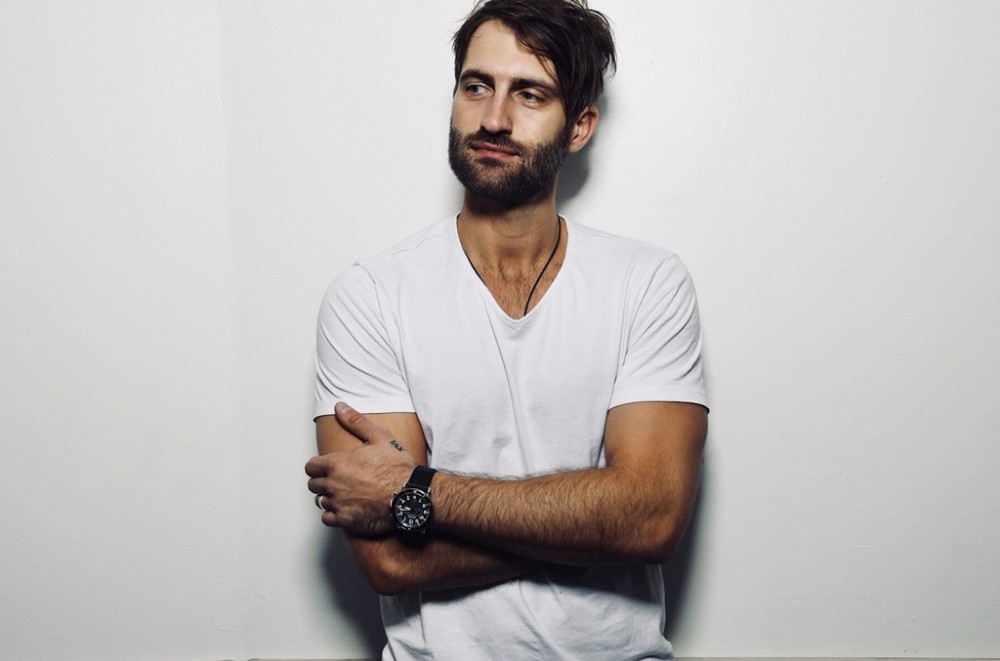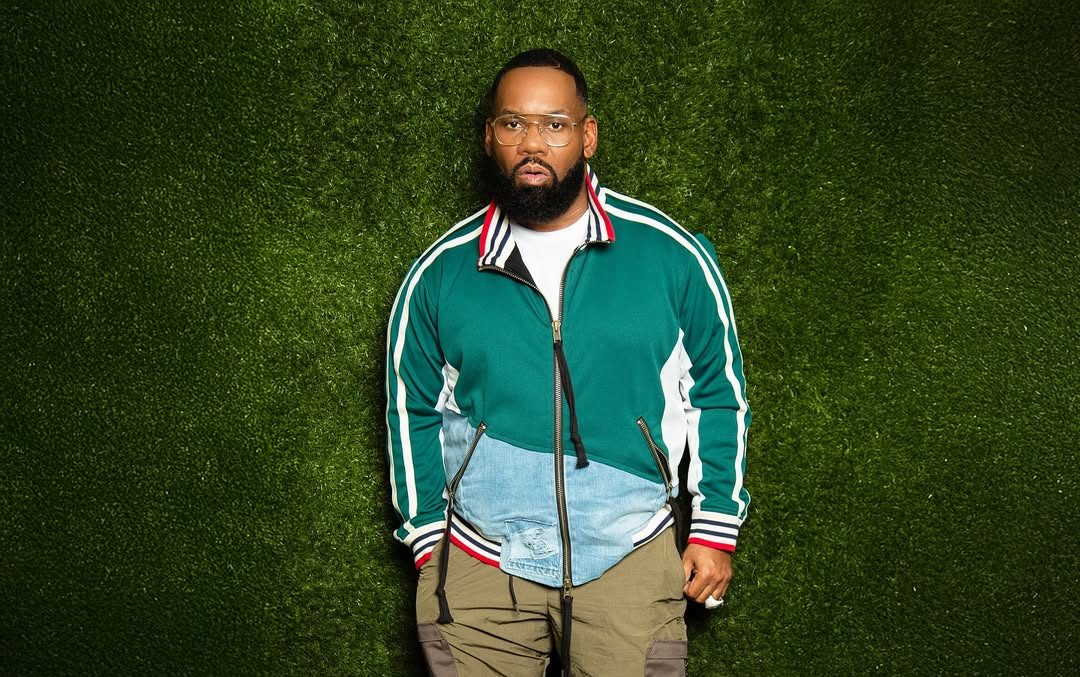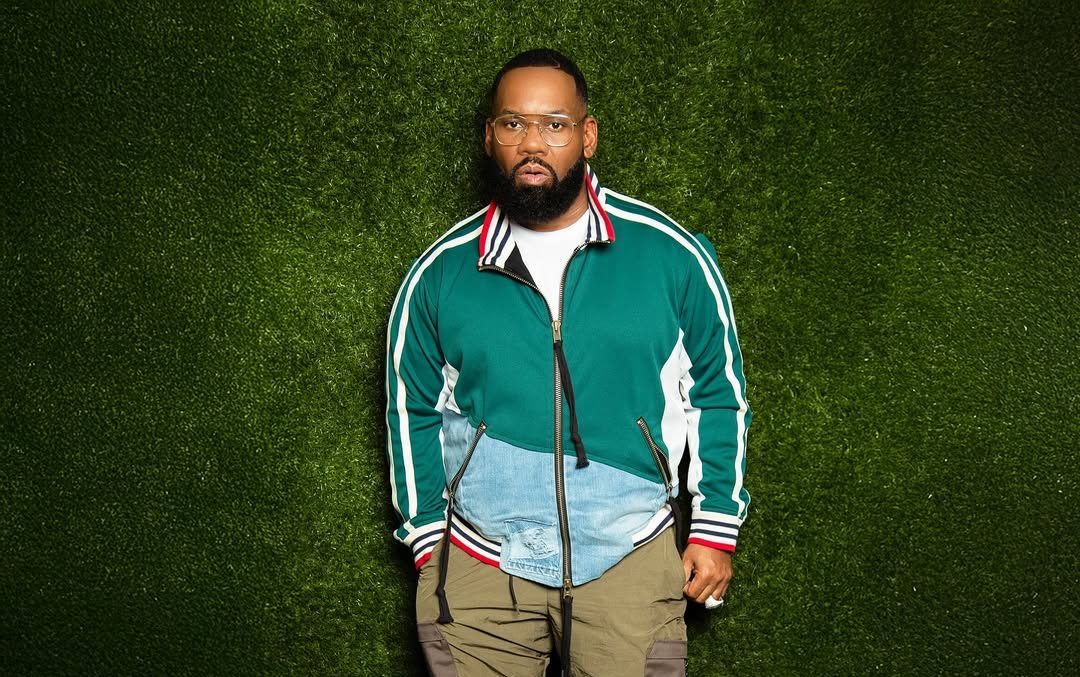Ever since its inception, when promoters promised to preserve “old-time music,” country has been a genre built upon the past.
Whether it’s recounting childhood events in the lyrics or borrowing the phrasing and technique from its predecessors, each generation has managed to bring history into the here and now.
With “Every Other Memory,” Ryan Hurd accomplishes that in two ways as the song’s protagonist recalls an old flame through a mental scrapbook of their time together. And one of the specific images is an Eric Church concert, which pays homage to one of Hurd’s real-life icons.
“I really love leaning on nostalgia,” says Hurd. “It’s just such a huge part of our genre, and I kind of picked pictures, like emojis sort of, so that every line is a snapshot.”
Every lyrical line owes a debt to the guitar line that weaves its way through the entire three minutes and 39 seconds of “Every Other Memory.” Nathan Spicer — who has played guitar on the road with Katy Perry and Maren Morris, and co-wrote Hurd’s “To a T” — offered that tangy, foundational riff when they wrote “Memory” with Cole Taylor (“Home Alone Tonight,” “Sippin’ on Fire”) at Spicer’s studio in Nashville’s Woodbine area. The riff itself is continuous, though the chords shift underneath it to create forward motion for the song.
“What I love about simple riffs like that is you hear it over the first chord, and then you hear it over the second chord, and then you hear it over the third chord, and it’s different every time,” says Spicer. “It’s familiar enough that the pocket’s established, the notes are established, the field’s established, and then you can write a good song over that.”
Hurd dealt the first lines — “I still smell the smoke from/The Fourth of July fireworks” — that set the backward-glancing tone for the piece, which itself drew on past models in form and structure.
“With the memory songs, I always think of how Kenny Chesney did ‘Anything but Mine’ and how they did that summer-love thing,” says Taylor. “But they had such cool images that made it different and made it cool, so for me it was just kind of trying to find that uniqueness of images that would make anybody anywhere put their selves in that song. When we got the leather jacket and the] front row at the concert, then that Springsteen-y vibe, we had something cool.”
Hurd tossed a Church concert into the mix, recalling a specific show he attended — March 19, 2010, at the Kalamazoo State Theatre — before his move from Michigan to Nashville. It was also more than a year before Church included his own “Springsteen” on the Chief album and two years before Church penned “Talladega.” Both songs get referenced in “Every Other Memory.”
“I have so many memories from that show,” says Hurd. “I remember seeing friends from high school there, weirdly, and I think ‘Talladega’ is a cool word, so I put it in there. Eric is obviously, like, the best songwriter of our generation in country music, and a little nod, I think, is appropriate.”
Hurd served up “Last call, first kiss” as an opening phrase for the chorus — he loved it so much that he used it in another song he wrote the same week — and the “Every Other Memory” title came once they started on the storyline, which can be interpreted as an old relationship the singer never got over or a past love that serves as a positive marker in the guy’s development.
“I think it’s more of a bittersweet kind of, ‘Man, that was an awesome thing we had,’ and it’s still there,” notes Taylor. “We all have that somebody that kind of sticks with you, you know. Whether it’s a good thing or a bad, everybody has somebody.”
The bridge changed the phrasing and gave Hurd some extended notes that accentuated the gravel in his voice. And it created a bit of a chorus/bridge loop.
“The way the bridge goes into the chorus, which is like, ‘Never be another/Like that last call, first kiss’ — it goes on and on and on, like it could never end,” says Spicer. “Which is so fitting for the song. We just had to end it.”
But they did run through the bridge a second time before reaching that finale. Ending on the bridge is an uncommon maneuver in country.
“Those are the kind of things you can do after you’ve written thousands of songs and you’re not just sticking a bridge on it just because you feel like it needs one,” says Hurd. “It really does add to it] melodically and lyrically.”
Hurd sang a vocal for the demo, which Spicer put together alone, playing all the parts. Hurd doubted that he could beat the emotion he put into his performance, so he and producer Aaron Eshuis (Scotty McCreery) decided to build the master around Hurd’s existing performance during a Jan. 14 session at Nashville’s Sound Emporium. Derek Wells re-created the key guitar riff while cutting with a group that included drummer Phil Lawson, bassist Tony Lucido, acoustic guitarist Ilya Toshinsky and keyboardist Dave Cohen, plus a few instrumental elements from Spicer’s demo. Appropriately for a song that embraces the past, Eshuis purposely set an old-school atmosphere for the day.
“It was just kind of a band sharing the adventure of discovering the song together,” he says. “We probably had some candles going, some incense and, you know, the lighting was cool. It’s kind of a vibey studio, so it felt like a step back in time a little bit. Part of that was intentional.”
But part of that was also the history that comes with cutting at Sound Emporium, a room that has produced hundreds of hits for acts such as Alan Jackson, Kenny Rogers and Trisha Yearwood.
“It felt like the kind of session where if Willie Nelson would have walked in the door, I probably wouldn’t have been all that surprised,” says Eshuis. “It just felt a little bit like the sessions that we always sort of dreamed about coming up into the business. It’s not always like that every day, but we got to make it happen that day.”
Hurd’s wife, Morris, must have felt it, too. As “Every Other Memory” went down, she volunteered to do harmonies on it, and she came in at a later date to knock them out. Eshuis added his own harmonies to fill out the recording.
Everyone viewed “Every Other Memory” as one of the standouts from a batch of songs he had recorded, and the general conviction at Sony Music Nashville — especially from the president/CEO — made it the choice for the next single.
“Randy Goodman said so,” says Hurd with a laugh. “That’s generally what it comes down to.”
RCA Nashville issued it to AM/FM radio PlayMPE on April 20 with a May 18 add date. Through its nostalgic plot and its nod to Church, it definitely pays homage to what has come before it, but it likewise builds on Hurd’s own past in a way that seems like a new plateau.
“It’s a song that we knew was special just because it’s well-written, sonically is neat and that feels like it’s been our biggest debut so far,” says Hurd. “It’s been a really positive start.”



